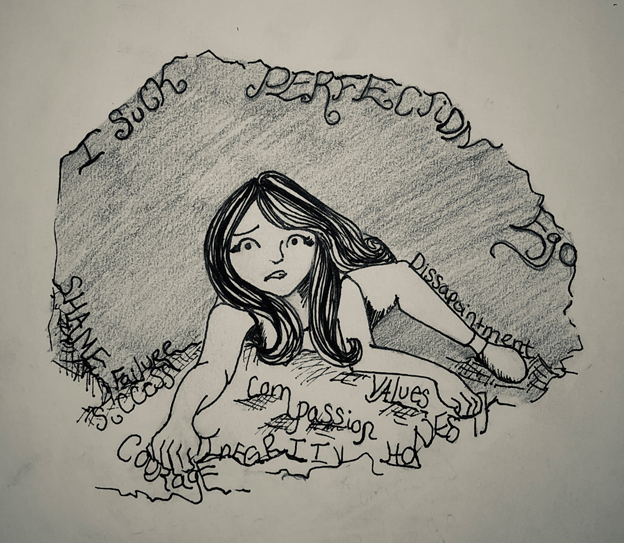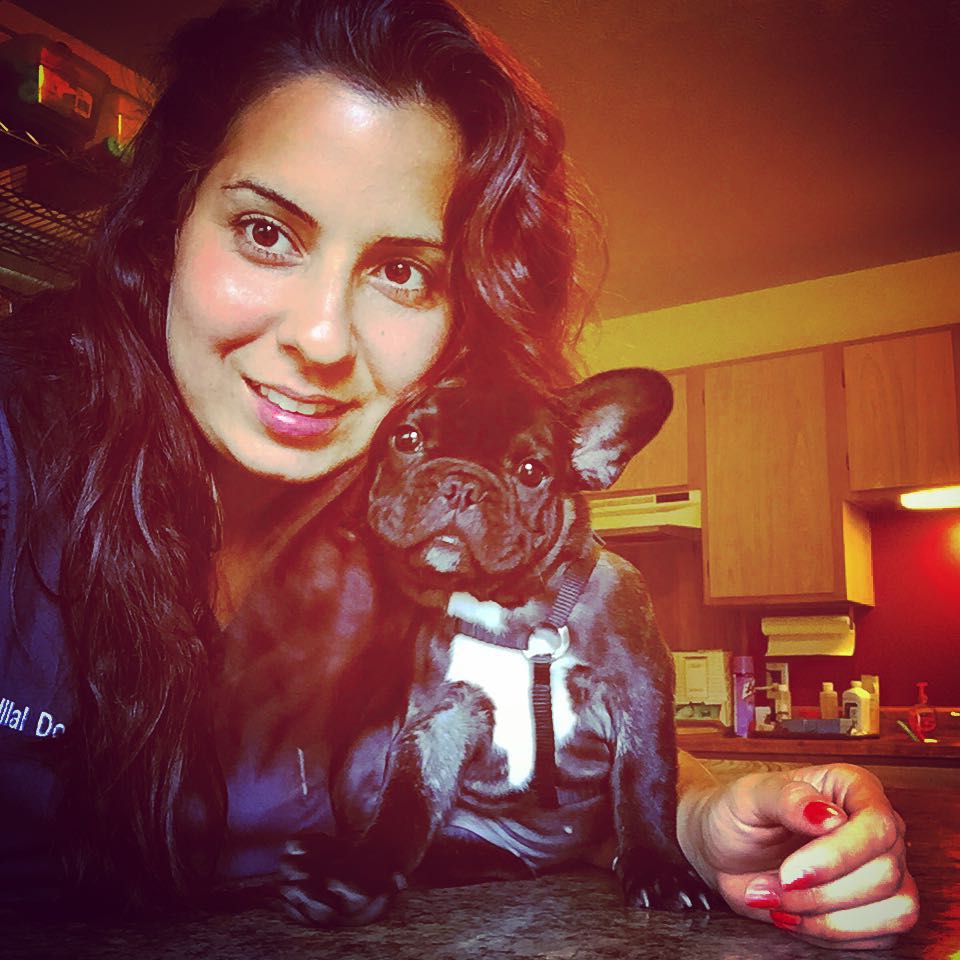Have you ever made a mistake at work? It may seem like a silly question because we all make mistakes, but I’m not talking about small mistakes. I’m talking about the kind of mistakes that keep you up at night. The kind that make it difficult for you to trust yourself again. Serious mistakes hurt, and they can be traumatic. They can wound ourselves and others, and they can even kill our patients.
While these mistakes can take an emotional toll on the entire veterinary health care team, perhaps they could have a silver lining. If we take the approach of addressing a mistake in the same way we would triage a traumatic flesh wound, perhaps we can find a way to recover the damage and learn from it. Here are four first aid tips for treating mistakes in veterinary medicine:

1. Admit you made a mistake and assess the damage
When you cut through the complex interpretation of failure in the veterinary professional’s psyche—not meeting the impossibly high standards of type-A personalities—you can come face to face with a feeling that no one wants to face: shame. You know the moment it sets in—that moment you realize that you just did something terrible. A combination of dread and fear can result in shame, and it can be consuming.
Self-help guru and shame researcher Brene ́Brown has tried to get to the bottom of why it’s so difficult for us to admit mistakes, and, in turn, recover from our mistakes. She separates shame from its less “judge-y” counterpart—guilt—like this:
“Shame is very different than guilt. Because you can feel guilty about something but you’ll take steps to correct it. As in you did something bad, but you aren’t inherently a bad person” she says, “whereas shame just puts you into this category that you’re a bad person, and that is a lot more difficult to recover from.”
Translating that to the conversation in your head goes something like this: “You are a bad <insert job title here>,” instead of, “You are a good <insert job title here>, but you did something bad.”
2. Take two responsibility pills
The problem is people don’t know how to address shame. Shame makes us want to disappear into a black hole of darkness. We want to stay in the hole, and we hope everyone will forget. But, even if others forget, you won’t, and the damage that can do to your self-esteem and career can be catastrophic.
An effective way to take responsibility for your mistake is to tell the truth. When I personally made a serious mistake by attempting to spay a male kitten, I knew the only way out of the mess was to be honest with the owner. In my head, I briefly went through what may happen to me, and the worst-case scenario was that I could be sued and lose my license. (Yes, that may be an exaggeration, but that’s where the mind goes). There was a whole slew of excuses I could’ve gotten into as to why it happened and how other people were to blame, but, because I was the veterinarian, it was ultimately my responsibility.
When you have no clue where to start, start by defining who you do not want to be. For example: I don’t want to be the person that lies to a client after I make a mistake, even if I can cover up the mistake and they would never know. If you can accept that you make mistakes—that you are fallible—then you can have the courage and the integrity to own your part in it when you do.
3. Apply Self Compassion
This means being kind and gentle in the way you talk to yourself about the mistake in your head, rather than berating or even punishing yourself, which is a natural response to a mistake.
Self-soothing techniques can be effective in applying self-compassion. I often use yoga and meditation to find self-compassion. The other day, I was in yoga class and saw a girl with “let go” tattooed on one hand and “hold on” tattooed on the other hand. At first, I didn’t get it, because there is so much talk about “letting go” in yoga and meditation that I didn’t understand the hold on part. But then halfway through class it hit me. Her message is a very profound one. Life is always a balancing act, and it’s the art of knowing when to hold on and when to let go that will lead you to inner strength and inner knowing of yourself.
These words of wisdom are coming from a perfectionist. I assure you, I am not trying to make excuses to be mediocre. However, there are days when things get crazy, and you can find a million outside reasons to blame, but in the end you must also take responsibility for your part in it, and that starts with understanding that you are fallible, and so is everybody you work with. Yes, we should always strive to be the best we can be, but in this journey, we must have compassion and understanding for ourselves and others. In a broader sense, you may find that even mistakes can lead to victories and discoveries. “Avoid mistakes at all costs” used to be my motto, but then I ended up rigid in an effort to hold on to an unrealistic ideal.
4. Wrap the Wound in Forgiveness
Just as important as self-compassion is self-forgiveness. The inability to forgive yourself can delay finding closure. This can manifest in many ways, such as avoidance of patient care, a fear of doing surgery, or abusing drugs or alcohol, and this can interfere with you being able to do your job effectively.
The Veterinary Confessionals Project and other veterinary forums or group chats can help you understand that you’re not alone. They can help you find forgiveness. Sometimes, sharing the burden can allow for its release. Other times, reading the stories of other people can help you to be more forgiving toward yourself.
Have you made a serious mistake that still burdens you? Share your story! You can share anonymously at veterinaryconfessionalsproject.com.
The next time you find yourself struggling with a mistake you’ve made in the clinic, I hope you remember these first aid tips. Only by practicing these every day will you be able to continue to do your job as a veterinary professional and avoid the pitfalls of shame and fear that so often paralyze each of us in the veterinary field.
 Dr. Hilal Dogan completed veterinary school in 2015 at Massey University in New Zealand. She has spent most of her life traveling and has a diverse cultural background. She is the founder of the Veterinary Confessionals Project and is also a certified clinical trauma professional (for humans). She currently lives and works as a relief veterinarian in Denver, Colorado. She enjoys both general practice as well as emergency medicine. Her other passions involve taking naps, yoga, writing, cooking, comedy, sports and traveling.
Dr. Hilal Dogan completed veterinary school in 2015 at Massey University in New Zealand. She has spent most of her life traveling and has a diverse cultural background. She is the founder of the Veterinary Confessionals Project and is also a certified clinical trauma professional (for humans). She currently lives and works as a relief veterinarian in Denver, Colorado. She enjoys both general practice as well as emergency medicine. Her other passions involve taking naps, yoga, writing, cooking, comedy, sports and traveling.
